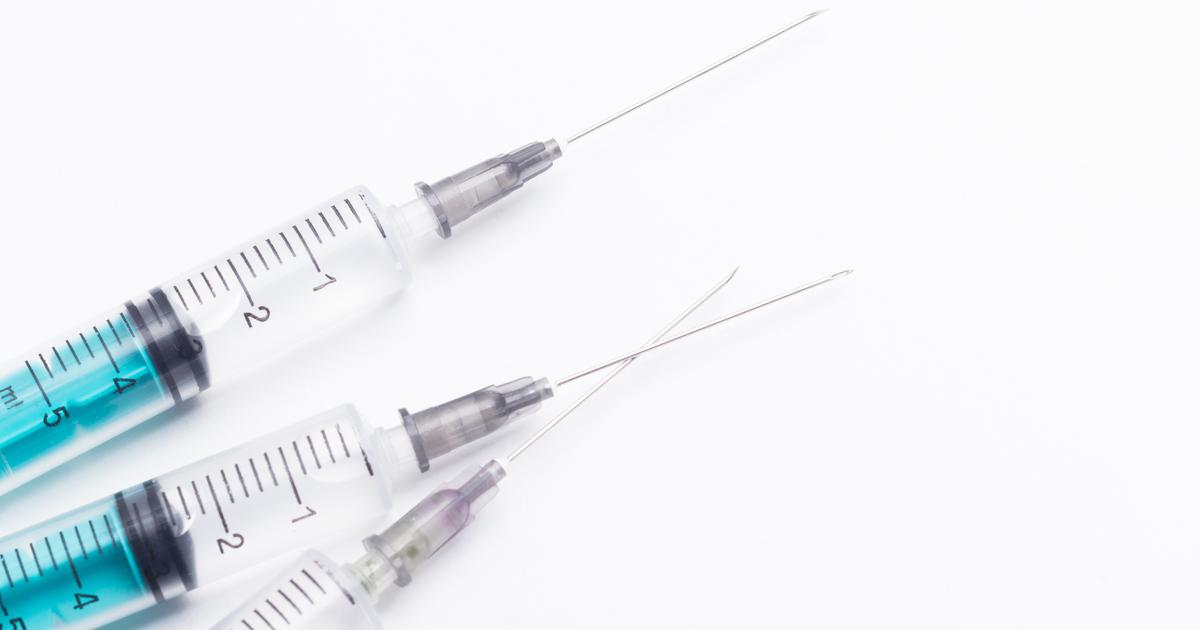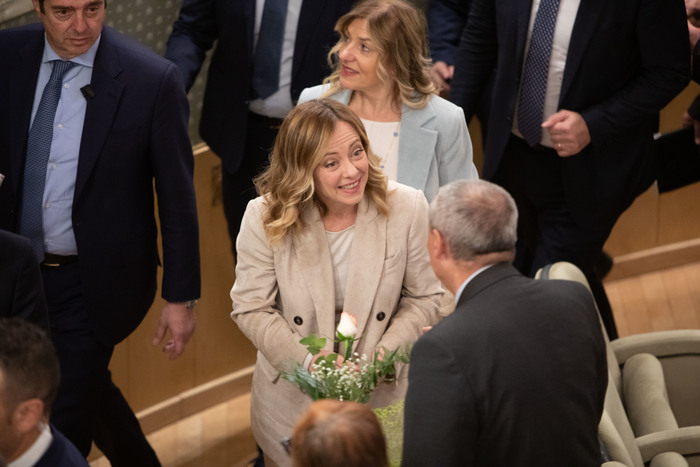End clap for CureVac's vaccine candidate.
A few months after the announcement of particularly disappointing results in its clinical trials, the German pharmaceutical company announced on Tuesday the shelving of its first messenger RNA vaccine against Covid-19 (CVnCoV), on which the company has been working since already more than a year and a half.
Believing, like the Frenchman Sanofi, that its vaccine "would arrive too late on the market to have a concrete impact" on the pandemic, the general manager of CureVac, Franz-Werner Haas, indicated in a press release that the company is would now devote to the development of a "second generation vaccine", in collaboration with the British GSK.
An announcement which, in fact, cancels the pre-order of 405 million doses passed by the European Union, and is synonymous with a return to square one for the company.
A promise ... then setbacks
However, the vaccine looked promising. "With a low dose of mRNA (12 micrograms) and a good immune response demonstrated in clinical studies, which is a feat, this vaccine could have been effective while being cheaper," says Steve Pascolo, co-founder of 2000 from CureVac and pioneer of mRNA technology, now working with BioNTech. In addition, "its liposome, the envelope of mRNA, was believed to be more stable at room temperature and in the refrigerator than that of its competitors, making it easier to store and therefore more easily deliverable."
But CureVac has a series of setbacks and is falling behind.
While France is still waiting to receive 44 million doses of the serum in the second half of the year, despite a start of deliveries scheduled for March, the company indicates that it is facing supply difficulties and accuses the United States of blocking it. export of some of its components.
To make matters worse, large-scale clinical trials (40,000 participants) in ten Latin American and European countries have seen their procedures slowed down by the difficulty for the company to find unvaccinated volunteers who contract the Covid- 19 in a period of declining infection rate.
Poor efficiency
The coup de grace is finally struck in mid-June, when the laboratory announces on the basis of intermediate results an effectiveness of only 47% against the disease, no matter how serious.
This is much less than the 95% efficiency that the Pfizer / BioNTech and Moderna juggernauts can boast of, and still below the 50% threshold required by the European Medicines Agency to grant a marketing authorization. .
Vaccines against Covid-19 in Europe
“From there, it is total failure, regrets Mathieu Molimard, head of the pharmacology department of the Bordeaux University Hospital.
How do you want to market a vaccine that, whatever happens, will be less effective than that of its competitors?
"
How to explain it?
For the pharmacologist, the low mRNA dosage of CureVac vaccine, promising in terms of side effects, was ultimately one of its main weaknesses.
“When you want to establish the ideal dosage of a vaccine or drug, you want to get the lowest dose that ensures the maximum effect.
In my opinion, CureVac considered its highest dose tested to have reached the plateau of maximum effect, which it did not.
He therefore did not dose his vaccine sufficiently, limiting its overall effectiveness, ”he says.
Read alsoCovid-19: a large French study confirms the effectiveness of vaccines
All is not lost for the German laboratory, which has "undeniably gained experience", relativizes Steve Pascolo.
"The development of a vaccine, even aborted, is always a boost in technology and knowledge for scientists, who can reuse this experience for the development of other drugs or vaccines," he adds.
What future for CureVac?
CureVac's desire to absolutely fall back on the development of a “second-generation” vaccine, however, appears to him to be somewhat “desperate”.
“Once again, the company will have to find in 2022 volunteers, unvaccinated people who have never been infected with SARS-CoV-2 and who would be likely to encounter this virus for the first time.
It was already complicated a few months ago, it will be even more so in those to come, ”prophesies Steve Pascolo.
And there is also no guarantee that the future vaccine will be more effective than that of its competitors.
“Unless it is particularly effective against potential future problematic variants, its only usefulness could be limited to developing countries and to reinjections,” concludes Mathieu Molimard.











/cloudfront-eu-central-1.images.arcpublishing.com/prisa/S7ERVSCT4FUVX6R7TUVBDNTH5Y.jpg)



